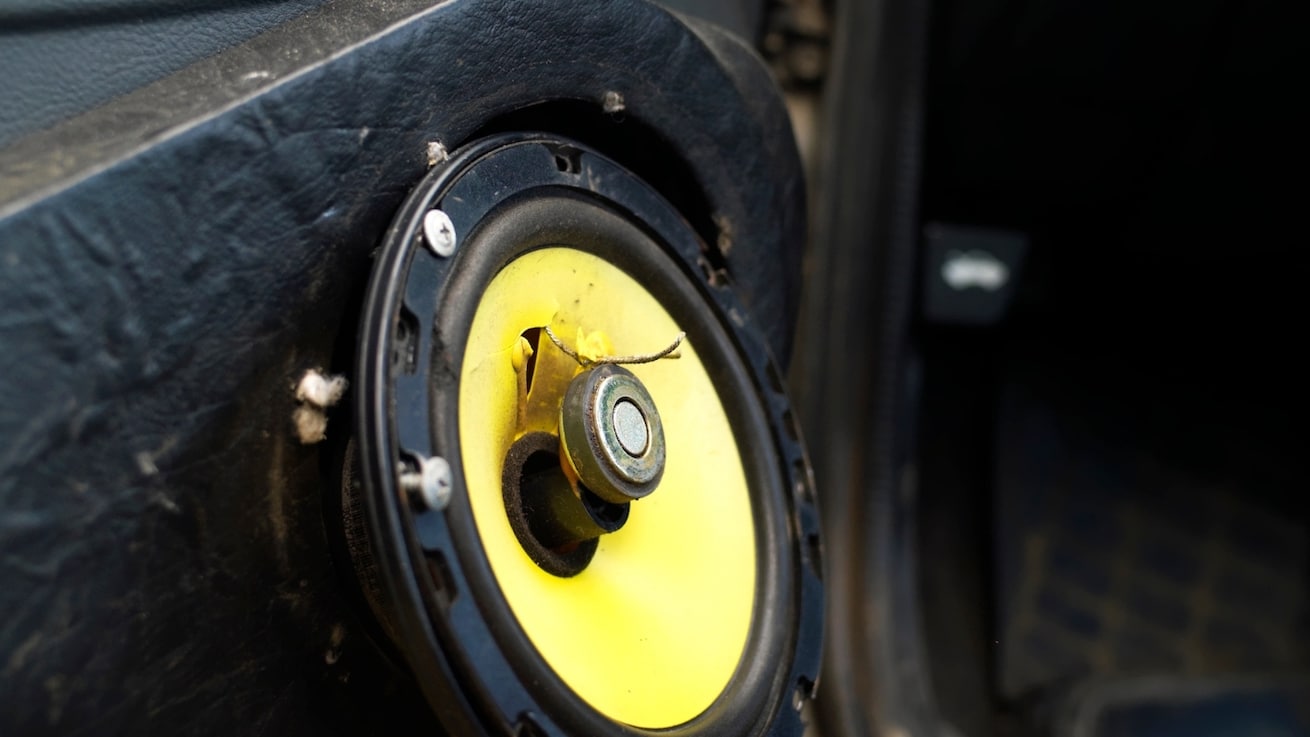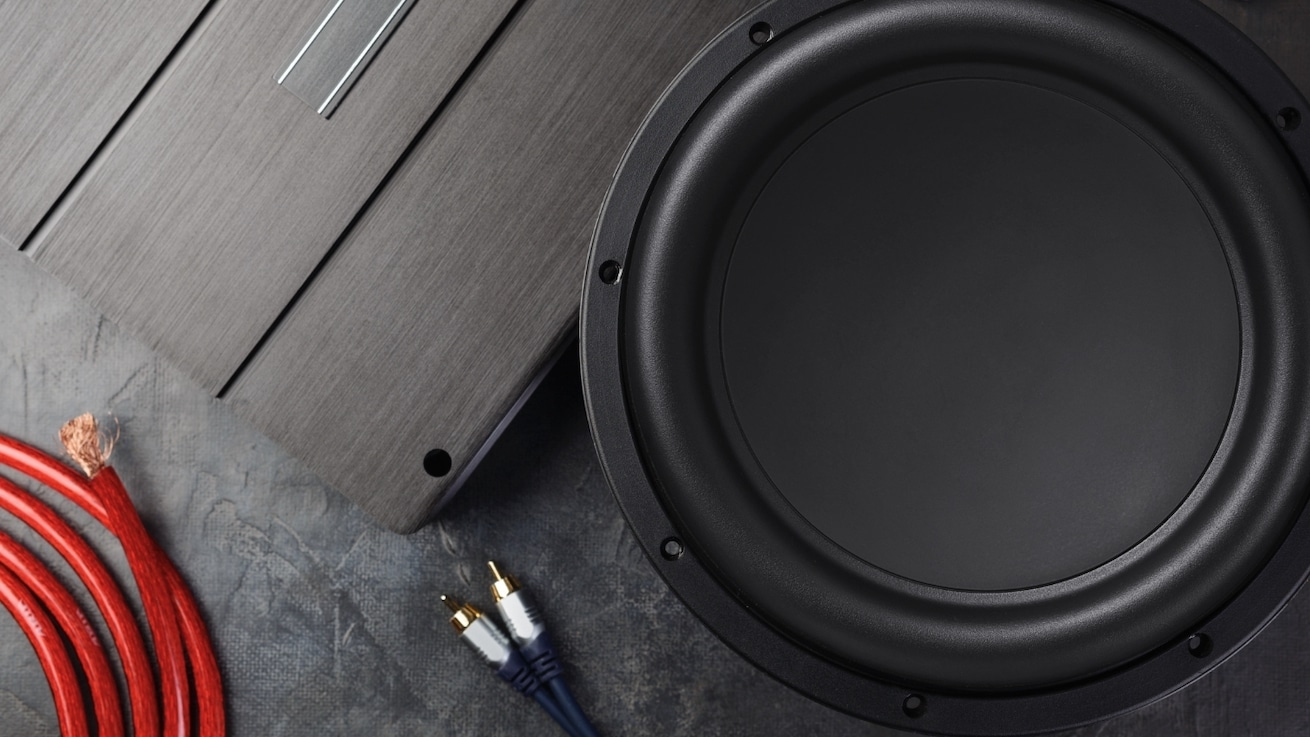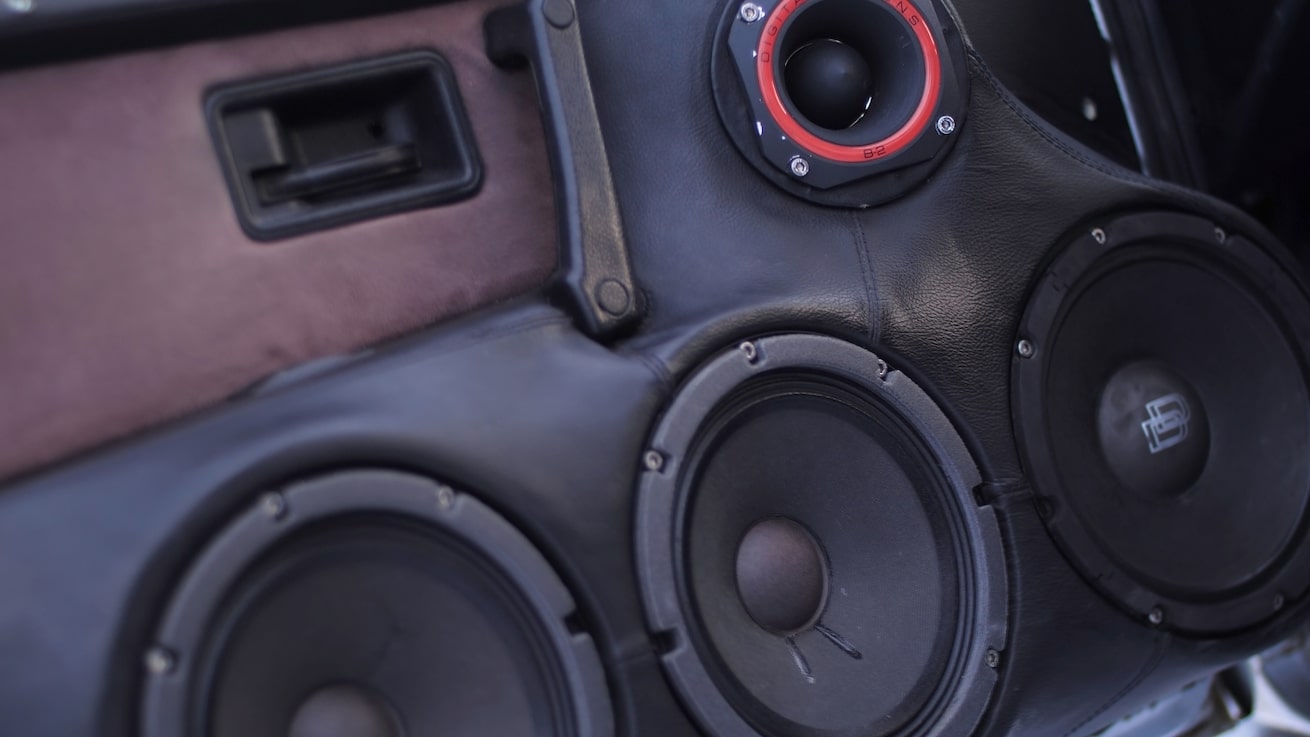Why Do My Speakers Crackle? 6 Reasons Speakers Pop & Crackle
Why do my speakers crackle? If you’re experiencing crackling sounds from your speakers, there could be a reason behind this crackling speaker. One possible cause is the presence of electricity, which can interfere with the audio signal and result in an interrupted electrical current.
Another common culprit could be a faulty or loose connection. Dust, dirt, or corrosion on the speaker connectors or terminals may lead to speaker crackles. Additionally, issues with the speakers themselves, such as damage to the cone, voice coil, or other components, can also contribute to distortions during playback.
It’s important to note that sometimes speaker crackling can be a problem and may not indicate an issue. It is recommended to test if the speakers function properly on another audio system to rule out any compatibility or software-related problems.
Speakers play a role in our audio systems as they allow us to enjoy our music and movies. However, it can be quite frustrating when they start producing distortions. In this article, we will explore the causes of crackling speakers. Provide solutions to resolve this problem effectively.
What Causes Speakers to Make Crackling Noises?
 Crackling sounds from speakers are characterized by popping or crackling noises. There are factors that can contribute to this issue. One common reason is when there is debris or dust particles on the surface of the speaker or inside the driver unit.
Crackling sounds from speakers are characterized by popping or crackling noises. There are factors that can contribute to this issue. One common reason is when there is debris or dust particles on the surface of the speaker or inside the driver unit.
When these particles disrupt the movement of the diaphragm, it can result in crackling noises being produced. Another potential cause could be a speaker cone or coil, which can cause vibrations and distort the sound coming from the speaker.
Poor electrical connections or a malfunctioning amplifier can also play a role in causing crackling by generating excessive mechanical wave energy.
Corrosion on Speaker Wire Connections
One of the culprits behind crackling speakers is corrosion on the connections of speaker cords. Over time, these metal connections can oxidize, leading to conductivity and distortion in the audio signal. To prevent crackling noises from speakers it’s important to inspect and clean these connections.
You can remove corrosion by using a wire brush or sandpaper, and applying an electrical contact cleaner will help prevent corrosion. These proactive steps will ensure quality and efficient performance from your speakers.
Loose or Damaged Speaker Wires
Another cause of crackling noises is having damaged speaker cables. Make sure that your cables are securely connected to both the amplifier and speakers.
If you happen to notice any cables that are frayed or torn, it’s important to replace them in order to get rid of the static noise.
To identify which specific speaker cable is causing the issue, gently move each one until you no longer hear any hissing. Once you’ve pinpointed the culprit, go ahead. Replace it with a new speaker cable.
Crackling Sound From Amplifier
In some cases, the crackling sound may actually be coming from the amplifier itself. Double-check that all input connections are properly plugged in. If the buzzing persists, it’s best to seek repair or consider replacing the amplifier.
This kind of issue can arise when an amplifier is pushed hard at volumes or if it has been left idle for an extended period of time. If you’re facing circumstances, it’s advisable to take your amplifier to a repair shop for expert assistance.
Poorly Shielded Wires Interfering with the Audio Signal
Another potential cause of hissing speakers is shielded wires. These wires are more vulnerable to interference, which can introduce noises into your audio signal. Invest in high-quality speaker wires with shielding in order to minimize interference and eliminate any speaker issues.
Audio signals are particularly sensitive to interference, which can result in static sounds being introduced into your signal. Electrical energy has the potential to create interference and disrupt the signal, which can lead to distortion.
Differences in bit rate and audio sample rate
If you’re encountering buzzing sounds coming from your speakers while playing songs in different formats, it could be due to compatibility problems. Some lower-quality formats may not be fully supported by your sound system, resulting in interruptions in the audio waves.
To resolve this issue, you may consider converting the audio into a higher-quality format or using an audio source. It’s worth noting that the digital audio signal is transmitted through the audio cable and is not influenced by the quality of the source.
Damaged speaker driver or blown speakers
A blown speaker can be quite frustrating for any music enthusiast. When playing music at volumes, there’s a risk that the speaker driver might become damaged or blown, leading to distortion.
This typically occurs when the speaker is pushed beyond its limits, causing overheating and melting of the voice coil inside or tearing of the diaphragm. Blown speakers often result from power usage or low-quality speakers.
To prevent this problem, it’s important to use speakers that are appropriate for your desired volume levels and ensure maintenance and care. If a speaker gets damaged and starts producing a blown sound, it is advisable to either replace it or have it repaired in order to restore the quality.
Steps to Fix Speakers That Make Crackling Sounds
 If you notice hissing noises coming from your speakers, there are steps you can take to address the issue. Firstly, check the inputs and cables of your amplifier. Ensure that all cords are securely connected, and if needed, replace any wires that appear damaged.
If you notice hissing noises coming from your speakers, there are steps you can take to address the issue. Firstly, check the inputs and cables of your amplifier. Ensure that all cords are securely connected, and if needed, replace any wires that appear damaged.
Inspect the speaker itself for any damage. If you observe cracks or dents, these could be affecting the quality. In some cases, consider replacing the speaker or seeking repair services.
Another aspect to consider is the source. If you are using a Bluetooth or Wi-Fi connection, try disconnecting and reconnecting the mobile phone to rule out any signal-related problems.
Adjusting the volume on both your amplifier and the device playing audio can also help resolve crackling issues. Sometimes, excessive volume levels can lead to static noises. If none of these steps solve the problem, it might be wise to seek assistance from an audio equipment specialist for guidance.
Troubleshooting Methods for Resolving Crackling Noise
Make sure to check all the connections to ensure they are properly connected and in shape. Try moving the speaker wires a bit to see if there’s any improvement or change in the crackling noise.
When troubleshooting the buzzing noise problem, it’s important to consider dirty connection issues as a cause. The crackling you hear from devices like speakers or headphones usually happens because of connections.
You can use compressed air or a cotton swab to clean these connectors and help get rid of the crackling noise. If the issue continues, it might be worth checking for any software or driver updates that could fix compatibility problems between devices and the audio source.
Try gently wiggling the speaker connections. See if that changes anything with the output. If you find a connection, you can solder the wires together for an uninterrupted audio signal.
Wiggling and soldering speaker connections are important for maintaining a current flow and ensuring optimal sound quality.
Speaker connectors, which establish the connection between the speaker wires and the amplifier or receiver, may gradually. Develop oxidation over time, resulting in a distorted audio signal.
If loose connections are identified, re-soldering the speaker terminals can restore a dependable connection enabling consistent audio reproduction.
Why do vinyl records cause crackling noises in speakers?
Vinyl records possess a characteristic in their waves that can occasionally lead to crackling when played on modern sound systems. The physical nature of vinyl records and their grooves can introduce imperfections that manifest as crackling noises. However, many people consider this crackling to be part of the charm associated with vinyl records.
If you are experiencing crackling from your vinyl records, there are steps you can take. Ensure that the record is clean and free from dust or debris. Additionally, using an anti-static vinyl brush specifically designed for playback can help minimize crackling noises.
How does the audio format affect speaker crackling?
To prevent cracking noises from speakers, it is crucial to optimize the format according to your speakers. Double-check that your audio system settings are correctly configured. Experiment with formats and settings to find the combination that delivers optimal audio quality without any crackling or distortions.
The abrupt changes in amplitude and frequency cause movement of the speaker’s diaphragm, resulting in crackling noises. The sound wave sharp transitions can make it challenging for speakers to reproduce these changes accurately, leading to distortion. Thus, selecting a format that produces more continuous waves, like sine waves, can help prevent speaker crackling.
Can Issues with Cables Cause Speaker Crackling?
Yes, problems with damaged speaker wires can introduce noise. Interference with the audio signal causes crackling noises. By understanding the causes of crackling speakers and implementing solutions, you can enjoy uninterrupted playback of high-quality audio.
Indeed, issues with cords can be responsible for causing crackling problems in speakers. If the electrical cords become worn out or damaged, they can interfere with the flow of electricity, causing an inconsistent power supply. This insufficient power can lead to distortion coming from the speakers.
When connections are loose, or cords are faulty, it can cause interruptions in the signal, exacerbating the crackling issue. It is crucial to make sure that the cords connecting the speakers and audio source are in condition and securely attached to minimize any problems with distortion.
Why does the speaker crackle at high volume?
 Random background sound waves may be interfering with the speaker’s sound. Static electricity can also cause the speakers to crack noises due to a connection problem with the amplifier inputs. The sound format also plays a vital role when it comes to speakers crackle.
Random background sound waves may be interfering with the speaker’s sound. Static electricity can also cause the speakers to crack noises due to a connection problem with the amplifier inputs. The sound format also plays a vital role when it comes to speakers crackle.
The bass sounds are usually in the form of a sine wave or square wave and can cause the speakers to produce buzzing noises. If you hear crackling when you play a heavy bass song, it may be due to the speaker’s inability to handle the low-frequency vibrations.
Speakers work by acting as a transducer by converting electrical energy into audio signals. Even though the sine wave causes a smooth movement in the woofer cone, you can still hear noises typically caused by low-end audio waves that were not filtered out in the mix of a song.
Last Updated on: March 16, 2025

